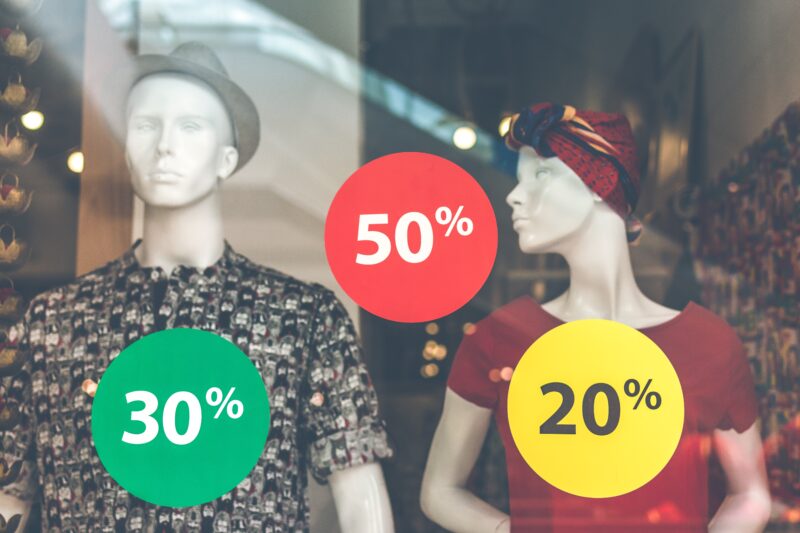On 24 April 2013, 1,134 Bangladeshi garment workers were killed and at least another 2,000 injured in the collapse of the Rana Plaza factory, where clothes ware being made for international fashion brands. Pope Francis condemned the conditions under which these garment workers worked as slave labour.
Ten years later, the fight for a safe and fair work environment continues. Unfortunately, the way we currently make, buy, use and discard our clothes, has not only led to a “business model” that demands that workers work for a pittance in unsafe conditions but is also contributing to the kind of ecological degradation which is destroying our common home. In the words of European Parliament President Roberta Metsola, delivered in a statement marking the 10th anniversary of the Rana Plaza factory collapse, it is time to “own up to the consequences of putting consumer preferences for abundance and affordability ahead of moderation and sustainability”.
To this end, on Thursday 1st June, the European Parliament adopted recommendations for the EU strategy for sustainable and circular textiles. The text calls for textile products sold in the EU to be more durable and easier to reuse, repair and recycle. Their production should respect human, social and labour rights, the environment and animal welfare throughout the supply chain. MEPs also want EU and national measures to put an end to “fast fashion”, which produces high volumes of lower quality garments at low price levels, resulting in some 5.8 million tonnes of textiles being thrown away each year in the European Union. Most of these garments are only worn seven or eight times before ending up in landfills or being incinerated.
Although consumers alone cannot reform the global textile sector through their purchasing habits, their role should not be underestimated. In this regard, the provision of timely, easily accessible, simple, and accurate information about the product being bought represents an important piece of the puzzle. Armed with this information, conscientious consumers will be in a better position to make responsible and sustainable choices which go against the perpetuation of practices which exploit people and our planet’s limited resources.
It was the late Pope Benedict XVI who in Caritas in Veritate reminded consumers that a purchase is never simply an economic act. “It is good for people to realize that purchasing is always a moral — and not simply economic — act. Hence the consumer has a specific social responsibility, which goes hand-in-hand with the social responsibility of the enterprise,” wrote Pope Benedict in 2009.
Whilst “fast fashion” tries to command our attention with low prices and cheerful colours, Catholics are called to reject this “throwaway culture” that drives excessive production and consumption. We can start by pausing before purchasing. We will realize that there are workers and delicate ecosystems on the other side of my purchase.
Inspired by Catholic Social Teaching, various initiatives have been launched to promote a more socially just and environmentally sustainable garment industry. On a local level, the LOOP ethical and enviro friendly clothes shop has recently opened its doors in Valletta. On an international level, organizations such as The Human Thread have come up with a helpful framework that encourages us to pray, learn, assess, act and advocate.
- Pray for a spirit of solidarity between consumers of clothing and the people who produce them in order to create a more just economy and sustainable communities.
- Learn about and educate others on the negative impact of fast fashion on both workers and the environment, whilst discovering who is really paying the price of our cheap clothing. Ultimately, we all pay a price, but as usual, the poorest and the most vulnerable end up paying the highest price.
- Assess how, in our families, Churches, workplaces, communities, we can fight the injustices embedded in the fashion industry.
- Act to make choices which improve the lives of the people who make our clothing and respect our planetary boundaries.
- Advocate for Catholic principles, priorities, and values with retailers, brand owners and government bodies concerning a fairer and more sustainable clothing industry.
In Laudato Si, Pope Francis reminded us that “things can change”. But this change won’t happen unless we care enough to make it happen. In the case of the fashion industry, fundamental changes need to happen at the level of the legal obligations of manufacturers and large fashion companies. But we – consumers – can and should also contribute to positive change: Inaction and indifference should no longer be an option.



